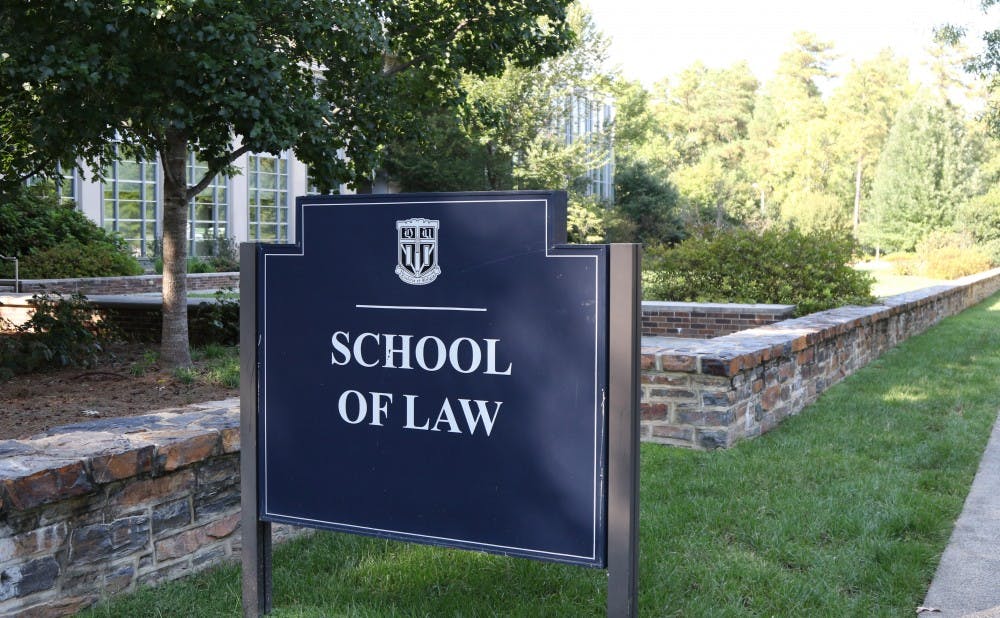Getting into and completing law school is a daunting and challenging process for anyone, especially for students whose families do not have experience in professional fields.
Jennifer Caplan—assistant director for professional development programming and advising for Duke Law School—began First Generation Professionals to combat the disadvantage of Law School students who are the first in their families to graduate from college.
The 1GP program was piloted last academic year, beginning in October 2017 and gaining 30 student members. This year, the program was able to start during orientation week and already has roughly 15 students from each class.
“[It was] really exciting to start off the year that way,” Caplan said. “Another exciting thing is that now we have a full student board.”
Although staff members were initially conducting much of the project management, she added that students are taking the lead on event planning. This is a step in the right direction because students know what they want and what timing works for their peers, Caplan added.
She explained the goal is to have a “student-led organization with our continued support” that will help students adapt to the professional environment before beginning law school.
“Students that come from professional families have a better understanding of the fact that when you buy Duke, when you buy an education, it's not just about the classes and the piece of paper you walk out with,” Caplan said.
She explained that by providing an additional layer of support, 1GP assists students in attending professors' office hours, taking advantage of the career center and academic advising, finding events on campus and connecting with interesting alumni.
“In general, students that are first generation are more hesitant to take up people’s time,” Caplan said, explaining that such students can feel out of place in law school.
Often, experience listed on these student’s resumes consists of paid employment, waiting tables or mowing lawns. This can, at first, seem less impressive than those who have worked in and out of law firms, she said.
However, Caplan asserted that working at an early age and working throughout undergraduate school proves many positive qualities about the student, including social skills and tenacity.
A highlight of the coming year is the expansion of 1GP’s LinkedIn. The profile helps 1GP keep track of where the students go after graduation, and also connects students to alumni mentors. Additionally, 1GP students will be visiting a local law firm next month.
“We don’t want their interviews to be the first time they've walked into a law firm office,” Caplan said.
She added that 1GP has already proven to be beneficial. When graduates of the program last year had on-campus interviews in August, 1GP was a conversation-starter. One student, thanks in part to the work put in by 1GP, will be starting at the same law firm as her alumni mentor this year.
Her long-term goals for the program include working with similar groups at other universities and ultimately for the group to expand to legal employers and the American Bar Association. According to Caplan, there is potential to focus more on access.
This would include a special chapter of the American Bar Association and a checkbox on applications to signify that one is a first-generation law student.
Get The Chronicle straight to your inbox
Signup for our weekly newsletter. Cancel at any time.

Maria Morrison is a Trinity senior and a digital strategy director for The Chronicle's 117th volume. She was previously managing editor for Volume 116.

